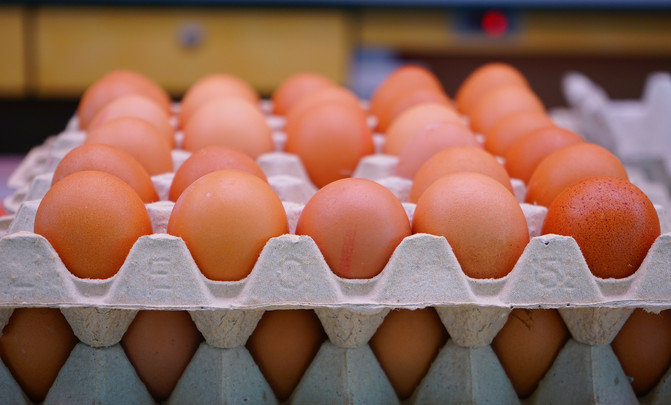Greater access to education has been one of the positives of the pandemic.
There’s no denying the benefit of education, whether in the egg industry or any other, and access to it has been one of the unexpected, and positive, results of the COVID-19 pandemic. Some may doubt the value of investing in education, but there are plenty of examples of how fostering it pays dividends.
A few years ago, the President of the World Bank, in his farewell address, recounted a story about the republic of South Korea. Devastated by the Korean War, the country joined the World Bank in 1955 and applied for loans to help with its recovery. After an initial loan to build roads, bridges and railways, the country went back to the World Bank and asked for a loan to help with education.
Although experts disparaged the request, the Koreans prevailed. The economic success of Korea over the past 30 years is testament to the benefit of this wise investment in education and youth.
Changing education approaches
The pandemic has drastically changed our habits and behaviors, pushing us outside of our comfort zones. Take, for example, how The World Veterinary Education in Production Animal Health (WVEPAH), established in 2014 and dedicated to the training of production animal health specialists, has changed how it delivers its courses.
With diplomas granted by the University of Luxemburg, and a curriculum fully recognized by the OIE (World Organisation for Animal Health), the WVEPAH has traditionally delivered courses on broilers, layers and turkeys in cities ranging from Gaborone in Botswana to Dakar in Senegal, and from Utrecht in the Netherlands to Lima in Peru. The lectures are given by academic experts or the private sector in either English, French or Spanish.
Like many other organizations and companies, in 2021 the WVEPAH had to adapt to the world’s changing circumstances. Unable to convene students in far-distant locations, the WVEPAH started to provide a number of programs online, allowing students to work at their own pace.
Without the need to leave their employment for two weeks, to purchase plane tickets or to spend on local accommodation, the program has been able to attract more students from a more diverse geographic area.
Extending benefits
In Africa, unfortunately, the issue of limited access to information predates the pandemic. With unreliable transportation and the time required for farmers to reach urban centers, the arrival of reliable internet, including 5G access, is resulting in more virtual farmers’ meetings.
Take, for example, AgricolAfrique, a company dedicated to assisting farmers in Nigeria, Kenya, Uganda and South Sudan. It responded to farmers’ needs to learn more about COVID-19 and its impact on the poultry and egg sectors, organizing regular farmers’ webinars and transferring new information about poultry and egg production.
Another change during the pandemic has been that a number of scientific and technical publications have switched temporarily or permanently to Open Access publication, making new findings more easily accessible to the poultry sector. Many organizations, including WATT Global Media, are offering, free of charge, more webinars on a wider range of topics, contributing to a better dissemination of technical information.
There will never be a good time for a pandemic. We are fortunate, however, that new technologies, software applications and network infrastructure permit us to participate at virtual meetings with hundreds in attendance.
The pandemic has not slowed the quest for better education within the poultry sector. More knowledge and skills acquired not only improve management practices and production efficiencies, but also enhance the welfare of birds and contribute to a more sustainable sector.


